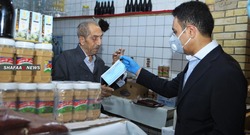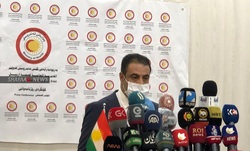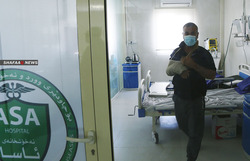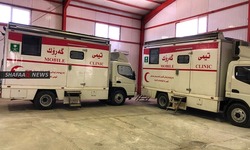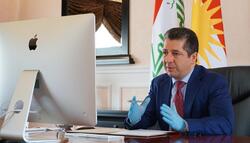Iraq and Kurdistan uncover details of crystal meth manufacturing lab
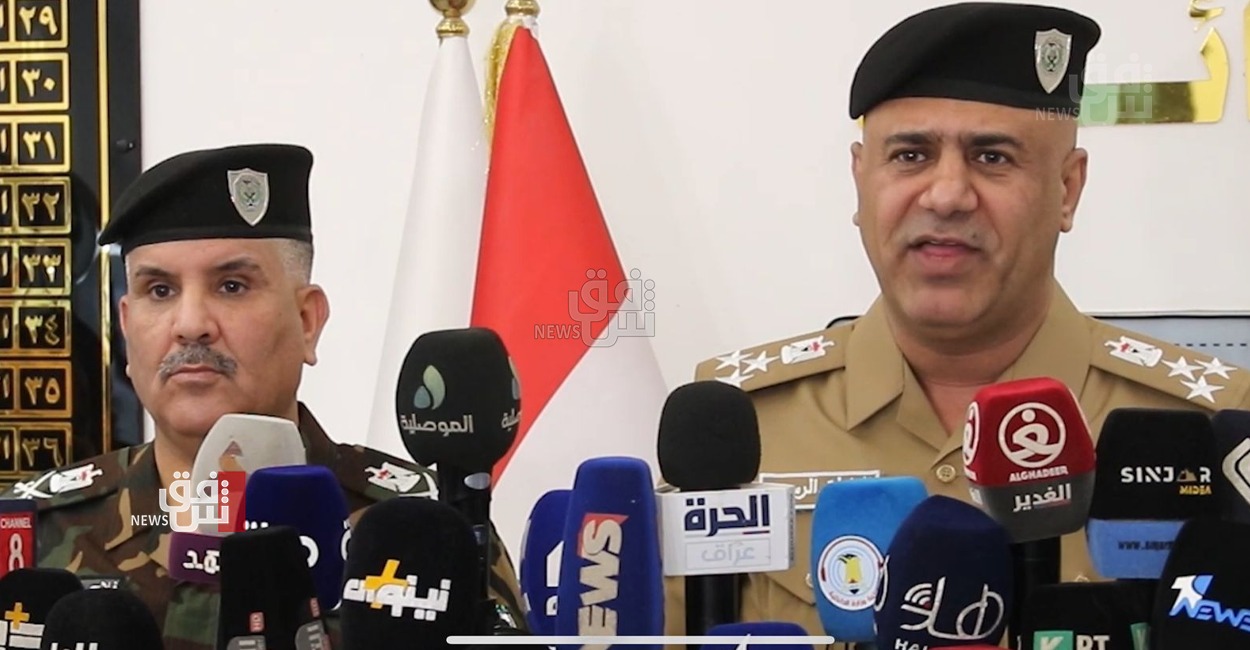
Shafaq News/ On Thursday, the Iraqi Ministry of Interior said it had found a narcotics manufacturing laboratory, the second within a year.
Ministry spokesperson Brigadier Muqdad Miri stated that the laboratory seizure was the result of the Ministry's "international cooperation and coordination with the Anti-Narcotics Directorate in the Kurdistan Region (Asayish) and neighboring countries, after receiving information from Syria indicating the existence of a laboratory producing crystal methamphetamine and Captagon," noting that "the laboratory is located about two and a half hours away from Al-Sulaymaniyah city, in an area outside the governorate's borders."
Furthermore, Miri explained that the 20-days operation led to the "arrest of four prominent suspects, wanted in several international trade cases, and the seizure of approximately 150-180 kg of narcotics substances."
In July 2023, Iraq announced that it had discovered a site in the Muthanna governorate bordering Saudi Arabia where Captagon is produced.
Iraq, which shares over 3,637 kilometers of land border with Iran, Syria, Turkiye, and Saudi Arabia, has long served as a transit country for the growing trade in amphetamine-type drugs and other narcotics in the region.
Its strategic location means that it is also a conduit for the flow of drugs between Southwest Asia, the Arabian Peninsula, and Europe.
In recent years, the country has experienced an increase in drug abuse, with Methamphetamine, commonly known as crystal meth and Captagon, are of the prevalent drugs in Iraq today.
According to the United Nations Office on Drugs and Crime (UNODC), the country has become a major transit route for illegal drugs.
The dramatic increase in methamphetamine trafficking from one side of its border and "captagon" production and trafficking from the other side have consolidated Iraq's role in the drug trade not just as a bridge between major producers and consumers but reportedly as a potential emerging source of methamphetamine production and increased consumption in its own right.
In a 2024 report by the UNODC titled: Drug Trafficking Dynamics Across Iraq and the Middle East: Trends and Responses, Iraq and neighboring countries have documented a sharp increase in the trafficking and use of "captagon" over the past five years.
"Captagon seizures have increased by almost 3,380 percent in Iraq from 2019 to 2023. Iraq reported the seizure of over 4.1 tons of captagon tablets between January and December 2023 alone. Seizures of amphetamine (mainly in the form of captagon) in the Near and Middle East doubled in 2020, reaching a record high of 86 tons in 2021. In parallel to Captagon trafficking, a methamphetamine market seems to be developing in the Near and Middle East, as shown by a rise in seizures." UNODC said.
The UNODC research has found that Iraq is at risk of becoming an increasingly important node in the drug trafficking ecosystem spanning the Near and Middle East.
Notably, Iraq established its first drug law and commission in 2017 and launched a National Strategy on Narcotics and Psychotropic Substances (2023–2025) in 2023. Moreover, Iraq organized the first regional event on the issue in 2023 to accelerate collaboration and coordinate drug detection and disruption efforts.
In December 2023, Iraqi Prime Minister Mohammad Shia al-Sudani made a controversial statement urging the president of the country to ratify all death sentences for convicted drug traffickers.
He said this is necessary to "implement the law and be a deterrent to anyone who dares to threaten the security of the country and its people."
Between 2019 and 2022, over 43,000 individuals have been apprehended on drug-related charges, and 19,000 in 2023.
Rising drug transshipment through Iraq and neighboring countries has been accompanied by increased domestic consumption across the country.
"The number of people with drug use disorders registered by public health services doubled from 2,979 in 2017 to 6,101 in 2021." UNODC report said.
Despite the absence of a nationwide survey, some reports indicate a correlation between substance use and communities experiencing higher unemployment rates and economic challenges.
In 2023, Iraq's national authorities began opening a series of formal drug rehabilitation clinics.
